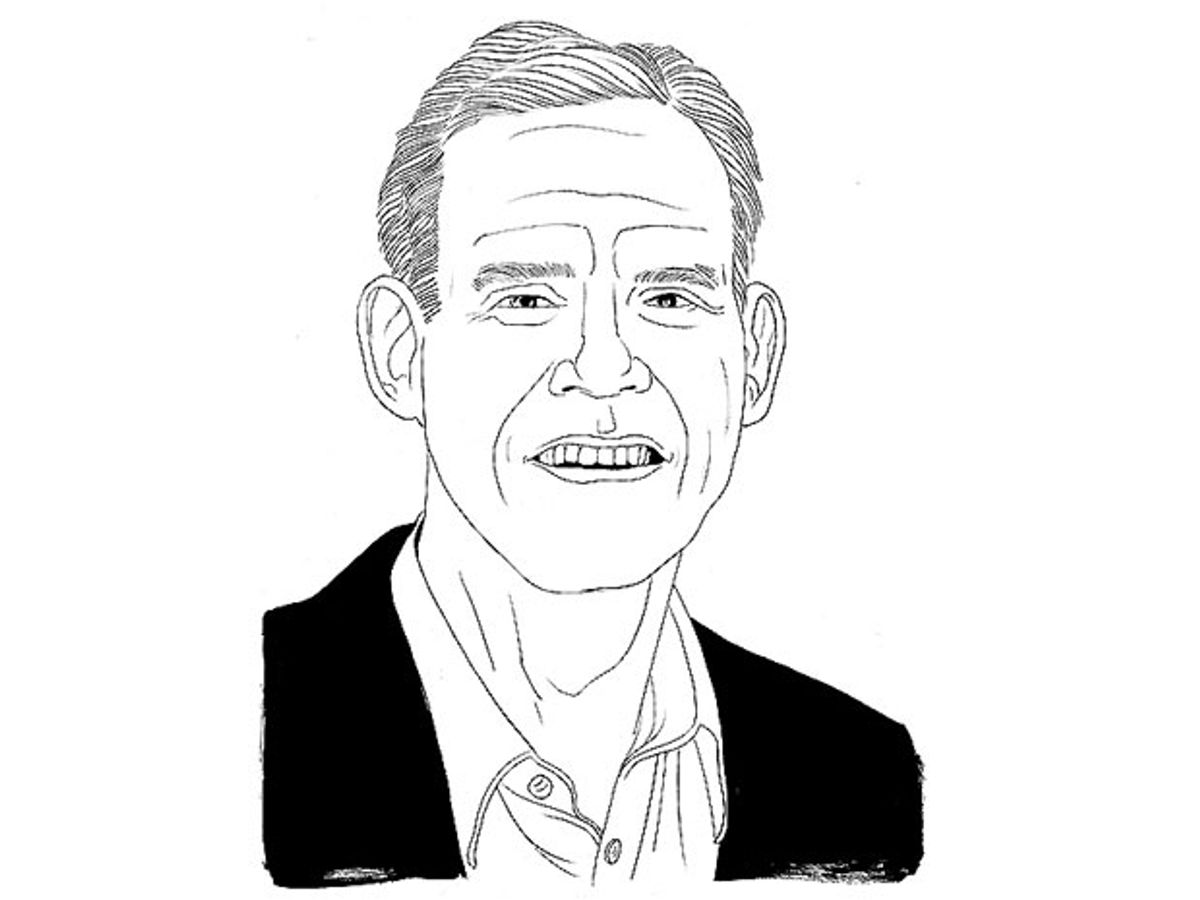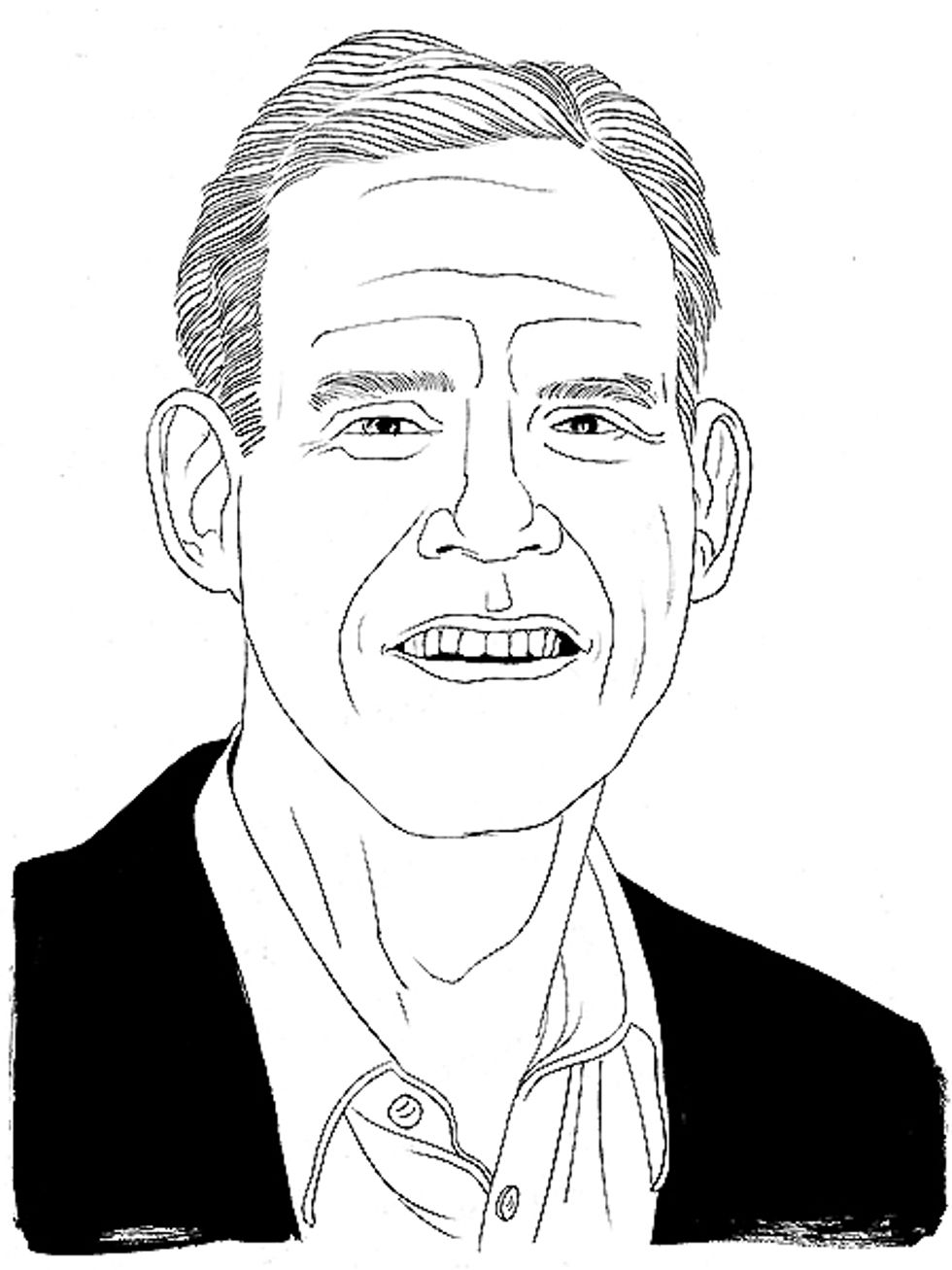Q&A: New Technologies Let Patients Wrest Control From Doctors, Says Eric Topol
Medicine can change if patients and payers demand it


Cardiologist Eric Topol envisions a world in which everyone controls their own health care, collecting huge quantities of personal data with the help of smartphones, gadgets, and apps. The technology exists now, he says, to make the health care system truly democratic.
IEEE Spectrum: In your latest book, The Patient Will See You Now, you stress that the patient is the unrecognized expert in health care. Are most people ready to take on such a role?
Eric Topol: Consumer surveys show that about 80 percent really want to take control of their health care. I’ve seen patients, once they start seeing their data on their smartphone screen—they’re really into it. So I’m pretty optimistic we’re talking about the majority of people.
What about people who just don’t want to know that much about themselves?
My advice is, just give it a try. It’s really not that difficult or expensive to be actively engaged in your own health care. Think of your data freely flowing to your own devices: You’ll know much more about yourself, what’s working, what’s off track.
You argue for evidence-based medicine—for example, approval of drugs based on clear indications that they benefit patients. That seems like a no-brainer.
We don’t have much good evidence for the vast majority of what we do. Instead we have “eminence-based” guidelines, handed down like the Ten Commandments. In the future we’ll have millions of people giving their data, in the wild, in the real world, and not in a contrived clinical trial. When [Apple’s] ResearchKit announced mPower for Parkinson’s disease, which is a smartphone app that tracks a person’s voice tremor and gait, 10,000 patients enrolled in a matter of days.
When will all this happen?
Medicine is not a profession that changes too readily. It took 110 years to fix the hospital gown, and it’s still not fixed. But I’ve been a physician for 30 years, and I’ve never seen anything like this. The technology is here, and we’ve got a whole better way of doing things. I just hope we can get consumers and employers to demand it.
This article originally appeared in print as “Can Health Care Be Democratized?”


